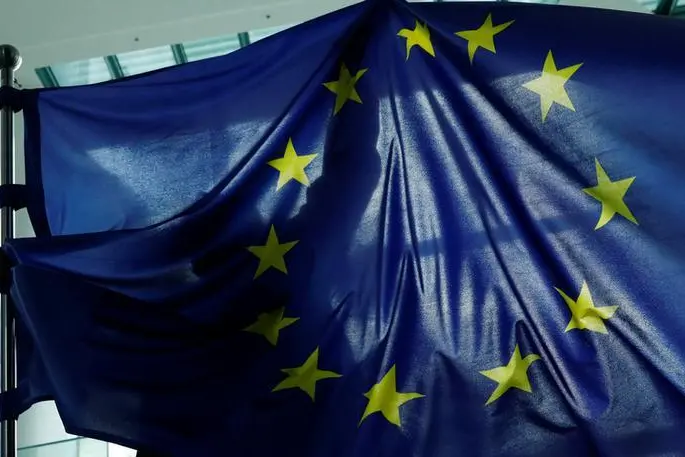PHOTO
European Union finance ministers moved closer to an agreement on new EU fiscal rules early on Friday after eight straight hours of talks, but will need more time and possibly another meeting to reach a deal, two officials close to the talks said.
France and Germany still differ on how to sustain investment when the budget deficit is above EU limits, and other countries, roughly in two camps behind Paris and Berlin, are wrangling over issues including the minimum pace of annual debt reduction.
"They've concluded for tonight," one EU diplomat said. "I understand there was good progress, but they need further consultations from a political and legal point of view."
A reform of the rules, which underpin the euro currency by setting limits on government debt at 60% of GDP and for deficits at 3%, is necessary because a surge in public debt after the COVID-19 pandemic made the existing framework unrealistic.
EU governments also have to find ways for the rules to allow for large public investment needed to fight climate change, a challenge the old system does not address.
The reform under discussion is to ease the current fiscal consolidation requirements by offering each country tailor-made debt reduction paths over four to seven years along with incentives to invest.
France and Germany agree on 90% of the planned changes, finance ministers from both countries said on Thursday on entering the talks.
Other countries are working to resolve issues including the size of fiscal safety buffers to prevent a breach of EU borrowing limits and better enforcement of the rules.
"The Spanish presidency of the EU will reflect on Friday on how to move forward and on the idea of organising a potential additional meeting of EU finance ministers," the diplomat said.
A second official close to the talks said another meeting might take place in December, as governments are keen to wrap up the discussions among themselves still this year.
Time is pressing because the new rules have to get the approval of the current European Parliament which will dissolve in April before European elections in June.
"We are heading for another meeting the week after next it seems," the second official said.
A deal on the new rules among governments in December is unlikely to affect the euro zone's fiscal stance next year because that has already been decided in draft national 2024 budgets, prepared under earlier EU guidelines.
But the new rules are important for bond investors and for the credibility of EU fiscal coordination as the European Central Bank needs fiscal policy to help fight inflation. (Reporting by Jan Strupczewski; Editing by Sonali Paul)





















